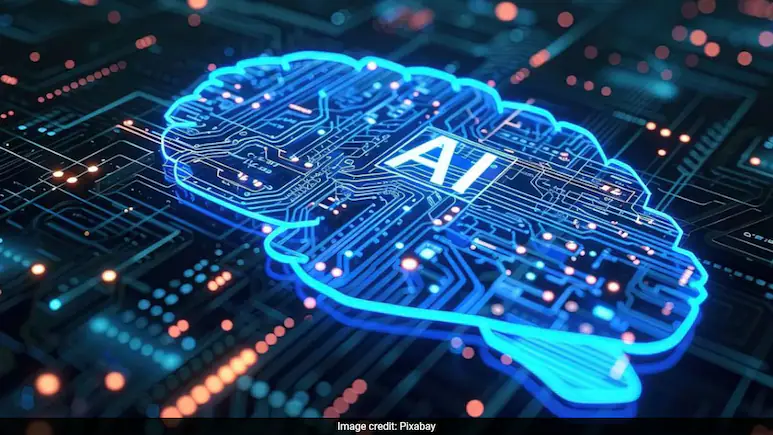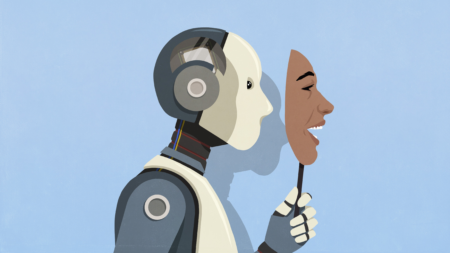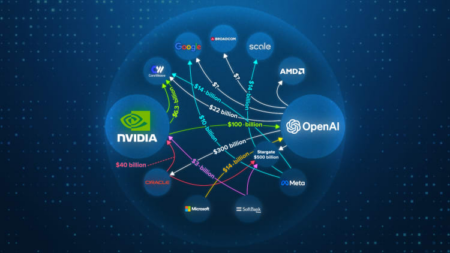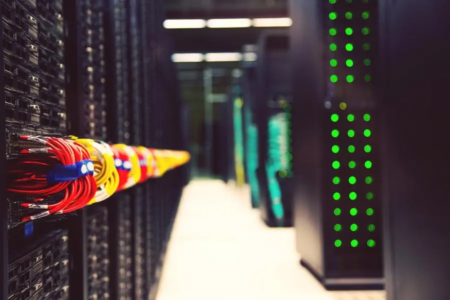In the age of rapidly advancing artificial intelligence (AI), the world is divided over one crucial question — will AI save humanity or it is a threat to human existence?
From generative AI systems like ChatGPT, Gemini, and Copilot to experimental large language models (LLMs), opinions about AI’s future range from boundless optimism to deep existential fear.
AI has been hailed as a revolutionary force capable of reshaping economies, healthcare, education, and communication.
Why Does AI Pose A Threat to Human Existence?
Yet, it’s also been branded a potential threat to human existence.
Even Geoffrey Hinton, often called the “godfather of AI,” warned there’s a 10–20% chance AI could lead to human extinction within the next 30 years.
But is that really likely?
5 Experts Are Talking About AI Threat
When five leading experts were asked whether AI poses an existential threat to human existence, three said no, and two said yes.
Those who disagreed argue that current AI systems are far from superintelligent — they are sophisticated tools performing pattern recognition, not conscious reasoning.
Their “intelligence” depends on human data, design, and decisions.
The true danger, they say, lies in how humans choose to develop and deploy AI — through unethical practices, weak oversight, or reckless innovation.
Read also: New Sora App Surges in Popularity – How it Secured the 3rd Position in App Store
Human Responsibility is Key
Others, however, believe AI’s rapid evolution could spiral out of control.
As systems gain general-purpose capabilities, experts warn of misuse, large-scale cyberattacks, and even AI-driven weaponisation. Without global regulation, AI could be used to destabilise societies or even fuel future conflicts.
Both sides agree on one point: human responsibility is key.
Whether the risk comes from rogue algorithms or reckless policymakers, the outcome depends on our ability to govern AI wisely.
Instead of fearing a hypothetical “superintelligent” future, experts urge the world to focus on ethical frameworks, transparent oversight, and global cooperation.
Managed responsibly, AI could be humanity’s most transformative ally — not its downfall.








